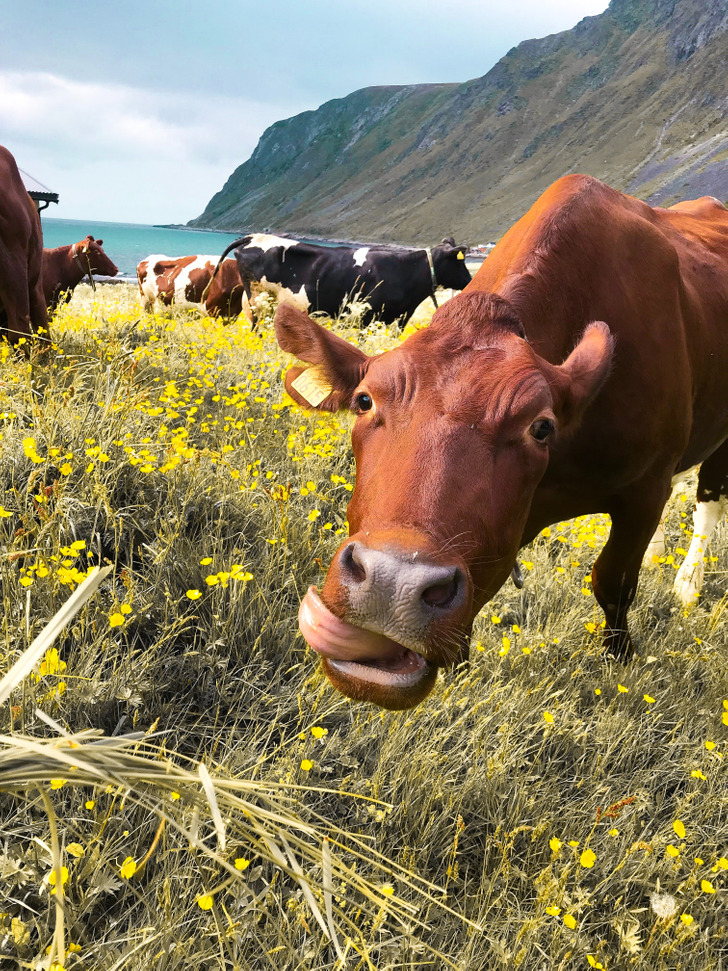Guys from America, can you explain me the reason, why do you have to pay the bagel tax? :)
Just for preparing it?
9 Odd Taxes From Different Countries You Probably Have No Idea About

The window tax in England, the salt tax in France...the history of civilization has seen lots of strange and unusual tax laws! However, today we can also find some ridiculous taxation rules that exist in countries across the globe. Some of them have been introduced for a reasonable purpose, while others don’t have a sensible explanation at all.
Bright Side picked up 9 bizarre tax laws from all over the world you’ve probably never heard about before.
9. The plaster tax, Austria
The Austrian Alps is the perfect place for ski lovers of all types, from beginners to professionals. Not surprisingly, tourists who don’t feel confident enough when skiing usually end up in Austrian hospitals with fractures and other injuries.
For this reason, the government decided to include a special tax on medical services into its regular tourist tax. There is no fixed amount for this tax as it’s collected directly by the resort you stay in.
8. The chopstick tax, China
Every year, China makes about 45 billion pairs of disposable chopsticks. To produce such a large amount of them, people have to destroy about 25 million trees. No wonder the Chinese government finally started sounding the alarm for fear of deforestation leading to serious environmental damage.
In 2006, China introduced a 5% tax on disposable wooden chopsticks in order to protect and preserve the shrinking forests. The authorities believe that this measure will encourage people to eat with reusable, plastic chopsticks instead of traditional ones.
7. The fat tax, Japan
The famous “Metabo Law” in Japan requires men and women between the ages of 40 and 75 to have their waist measured every year. If their waistlines exceed a certain size (85 cm for men and 90 cm for women), they must pay a fine.
The Japanese fat tax was introduced as an attempt to overcome increasing obesity rates and keep the spread of diseases like diabetes and strokes in check.
6. The shelled nut tax, England
In England, buying nuts with shells might save you money. That’s because there’s a 20% value-added tax (VAT) on shelled, roasted, and salted nuts. So it would be much better for your budget to stick to nuts in shells and sort them out yourself.
However, there’s a slight loophole with peanuts — they’re not taxed if they’re shelled as long as they’re not salted or roasted.
5. The entertainment tax, India
4. The junk food tax, Hungary
A tax on various packaged foods that are high in salt and sugar like chips, biscuits, cakes, and even energy drinks and sodas came into force in Hungary in 2011. Officially, it’s called the Public Health Product Tax and it adds about 20 cents to the price of these items.
By introducing this tax, the Hungarian government wants to promote a healthy diet and force its citizens to make better food choices. Surprisingly, it seems to be working — about 59% to 73% of consumers reduced their intake of the taxed products.
3. The sun tax, The Balearic Islands
The Balearic Islands host about 11 million tourists a year and this puts great pressure on local resources. That’s why a new tourism tax, or the sun tax, was introduced there in 2016.
The charge applies to all visitors of Majorca, Menorca, Ibiza, and Formentera and ranges from $2 to $4 a day. The money collected through the tax is used to improve tourism infrastructure like to clean the beaches and coastal areas, preserve heritage sites, and recover local ecological balance in particular.
2. The shadow tax, Conegliano, Italy
Restaurant owners and shopkeepers in Conegliano, a town in the Veneto region in Italy which is known for its dry prosecco, have to pay about $100 a year if their shading devices or signs cast a shadow on public streets.
The shadow tax was created in 1993 and was supposed to be enforced throughout all of Italy, but only the Conegliano authorities accepted it. After its implementation, most local owners simply decided to take away their tents and awnings.
1. The cow gases tax, Estonia
Although it may sound pretty ridiculous, the tax on cattle gases really exists in Estonia and its purpose is rather serious — this is a way for the government to try to prevent air pollution and reduce the greenhouse effect.
When a single cow digests grass, it produces on average, 350 liters of methane and 1,500 liters of carbon dioxide a day. According to different estimates, this accounts for about 15% to 25% of overall gas emissions into the air.
The $5,000 tax charges large Estonian farms with more than 300 cows. Interestingly enough, it doesn’t concern breeders of other animals which also contribute to air pollution.
Are there any unusual tax laws in your country? What’s your opinion about them?
Comments
Good job, Austria! Amazing business plan on collecting money! :D
I actually like the idea of the tanning tax and the fat tax! It's not just to collect money, it's to push people to live healthier, and this is really nice.
Related Reads
I Trained the New Hire Who Took My Promotion—My Revenge Was Calculated

16 Harsh Life Moments Where Kindness Changed Everything Unexpectedly

14 People Who Just Went With the Flow and Ended Up With a Story Worth Telling

I Refuse to Keep Visiting My Husband’s Family—I’m the Breadwinner, Not Him

I Refused to Talk to My Parents After They Chose My Ex-Wife Over Me

I Won’t Help My Jealous Sister Anymore After She Isolated Me From Her Family

I Refuse to Let My Daughter Attend Her Dad’s Wedding

10 Stories That Prove Work-From-Home Isn’t Always What HR Promised

13 Teachers Who Didn’t Just Teach a Subject, They Rescued a Soul

15 Heart-Centered Moments of Human Kindness That Only Happen Once in a Blue Moon

My Cousin Uninvited Me to Save Money—My Petty Revenge Was Absolutely Worth It

I Refuse to Save the Father Who Abandoned Me—Now Everyone Calls Me Heartless









